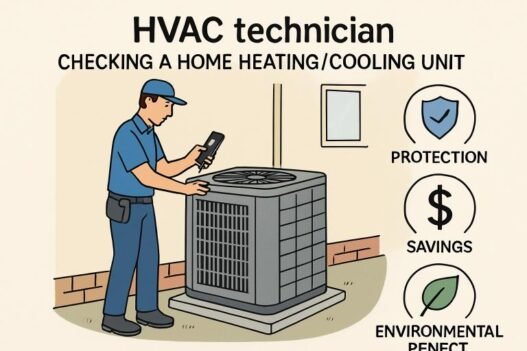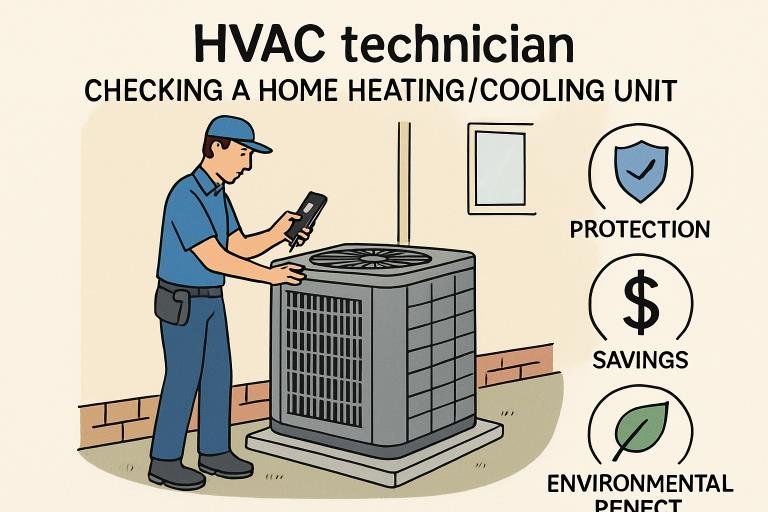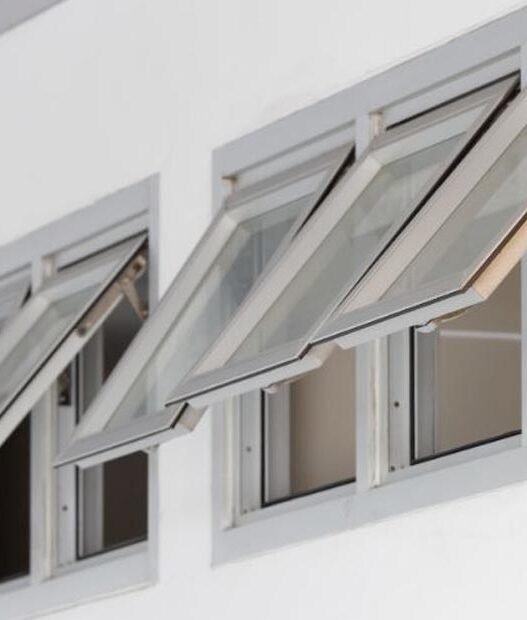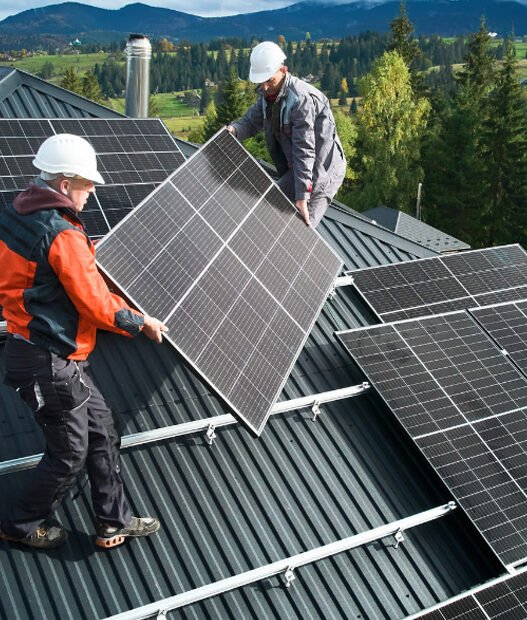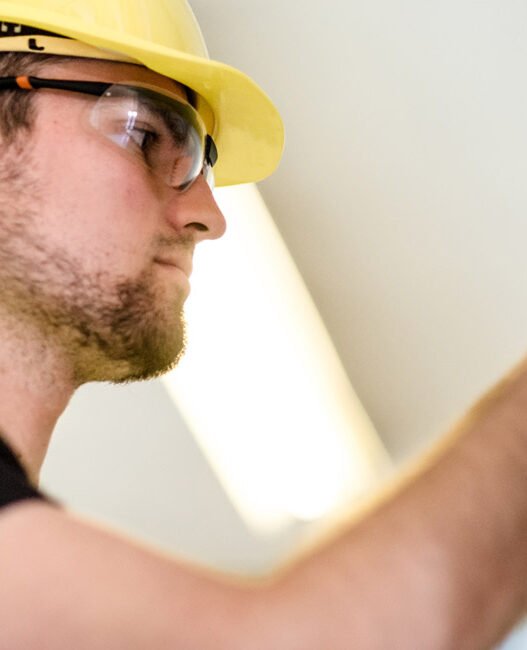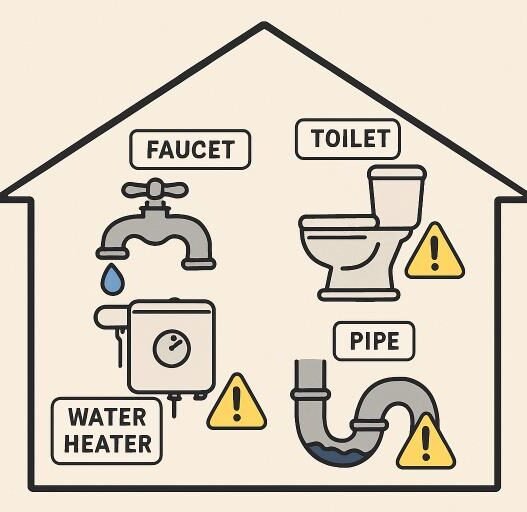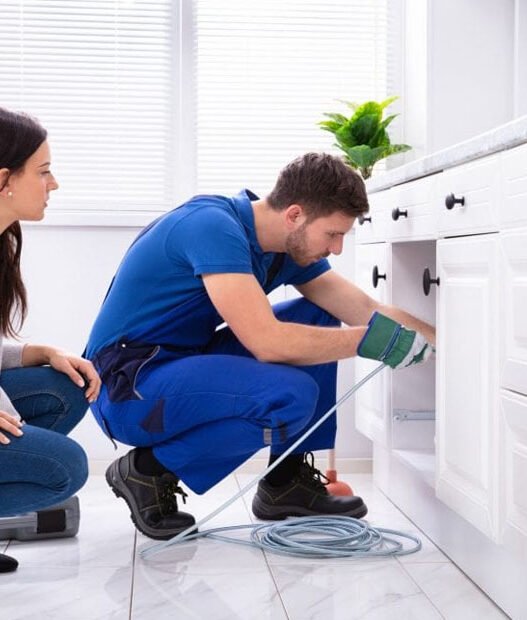Key Takeaways
- Routine HVAC care directly translates to lower monthly utility costs through heightened system efficiency, saving homeowners significantly over the course of the year.
- Preventive service extends your HVAC system’s operational life, safeguarding the investment from premature breakdowns or the need for a full replacement.
- Regular maintenance leads to improved indoor air quality and better humidity control, which together foster healthier, more comfortable living spaces for you and your family.
- By identifying and correcting minor issues early, proactive maintenance reduces the risk and cost of unexpected repairs, avoiding stressful and expensive emergencies.
Consistent and proactive attention to your heating, ventilation, and air conditioning (HVAC) system does far more than maintain a steady temperature—it serves as a foundation for year-round comfort, efficiency, and cost control. Many homeowners underestimate the positive ripple effect that regular maintenance has on their property, not realizing that such diligence turns a complex system from a potential source of costly malfunctions into a steadfast, money-saving asset. Systematic care prevents minor issues from spiraling into major breakdowns. Furthermore, for those in need of expert assistance, seeking out reputable HVAC tune-up services near me can be the difference between an efficient system and an unreliable one, ensuring your family’s comfort no matter the weather, season after season.
From improving energy efficiency to creating a cleaner, healthier indoor environment, the benefits of regular HVAC maintenance extend to every corner of your home. By tackling routine inspections and upkeep, you reduce the likelihood of disruptive emergencies, all while extending your system’s longevity. This means predictable comfort plus concrete financial savings on both energy bills and unexpected repairs—which translates to greater peace of mind. When you adopt proactive maintenance, you’re investing in a more stable and resilient living space that remains strong, regardless of outside conditions or seasonal shifts.
Enhancing Energy Efficiency
One of the most notable—and instantly rewarding—outcomes of regular HVAC maintenance is a measurable boost in energy efficiency. Tasks as simple as replacing dirty air filters, cleaning coils, checking for refrigerant leaks, and lubricating moving parts collectively help the system work as efficiently as possible. When airflow is precise and components function smoothly, your HVAC doesn’t have to strain or overwork itself to reach your desired temperature. According to the U.S. Department of Energy, conscientious maintenance can cut household energy use by as much as 15%, providing steady relief on your utility bills over time. In contrast, neglected systems suffer from dust buildup, restricted airflow, and worn-out parts, resulting in longer runtime and wasted energy. The longer your unit operates with undiagnosed inefficiencies, the more money leaks out of your pocket—sometimes without you even realizing it until those high utility statements arrive.
Extending Equipment Lifespan
Every mechanical system, especially those that operate as hard as your HVAC, experiences gradual wear and tear due to daily use. Lack of maintenance accelerates this process, but regular professional tune-ups act as a shield, identifying issues like fraying belts, corroding electrical contacts, or minor refrigerant imbalances before they escalate. For example, a small leak or misalignment may only require a minor fix if caught early; yet, left unaddressed, such problems can snowball into catastrophic failures, leading to the need for expensive replacements of compressors, motors, or other critical components. By scheduling annual or seasonal checkups, you can add years to the useful life of your system and avoid the inconvenience and significant expense of a premature replacement, which can disrupt both your budget and comfort. The long-term financial benefits of extending your system’s operational lifespan are substantial and often overlooked until a major breakdown occurs.
Improving Indoor Air Quality
A well-maintained HVAC system serves as your home’s frontline defense against airborne pollutants such as dust, pollen, mold spores, pet dander, and other irritants. Clean filters, regularly serviced ducts, and well-sealed equipment all contribute to fresher, cleaner indoor air, dramatically reducing common triggers for allergies and asthma. This is especially crucial for households with young children, elderly residents, or anyone sensitive to air quality issues. In addition, HVAC maintenance supports effective humidity management, which further combats the spread of dust mites and the growth of harmful molds—common culprits behind respiratory frustrations. A balanced indoor environment not only enhances comfort but also promotes better rest, increased productivity, and overall well-being. According to the Environmental Protection Agency, prioritizing high indoor air quality is key to a healthy home. For more information and tips on maintaining air quality, visit the EPA’s indoor air quality resources.
Preventing Costly Repairs
Unexpected system breakdowns always seem to come at the worst possible time—on the hottest day of summer or coldest night of winter—leaving your family in uncomfortable or even unsafe conditions. Emergency HVAC repairs are not only stressful but also frequently carry high price tags due to after-hours service or expedited part delivery. Regular inspections performed by certified professionals are your strongest defense against these surprises, as trained eyes can detect early warning signs, such as loose wiring, low refrigerant levels, or blockages in condensate drains. Catching these red flags before they turn into full-blown malfunctions keeps your home comfortable while shielding your finances from the shock of emergency fees. Furthermore, these preventative approaches mean you’re less likely to face major interruptions, helping your family avoid the inconvenience and discomfort of living without heating or cooling until repairs can be completed.
Maintaining Warranty Validity
One of the most frequently overlooked benefits of regular HVAC maintenance is its impact on your equipment’s warranty. Many leading HVAC manufacturers require documented proof—via receipts or service records—demonstrating that your system has been professionally serviced on a regular, recommended schedule (often annually or biannually). Failing to complete this maintenance could void the warranty, meaning if your system suffers a major fault, the manufacturer is not obligated to cover repair or replacement costs. By adhering to these guidelines and maintaining thorough records, you protect yourself from paying out-of-pocket for issues that might otherwise have been covered, ensuring you maximize the full value of your system warranty and providing peace of mind in case major issues ever arise.
Reducing Environmental Impact
Well-maintained HVAC equipment is not only beneficial for your wallet, but it’s also good for the environment. Efficient systems consume less electricity, natural gas, or fuel oil, thereby reducing the carbon emissions and resource use associated with heating and cooling. Even small efficiency gains achieved through maintenance can add up to significant energy savings across entire neighborhoods or communities. By keeping your system running at its optimal performance, you’re actively reducing your home’s environmental footprint and supporting broader sustainability goals, such as energy conservation and climate change mitigation.
Conclusion
Sticking to a regular HVAC maintenance schedule is more than just a responsible homeowner’s recommendation—it’s a vital step for anyone committed to long-term comfort, higher efficiency, reduced costs, and a healthier, greener living space. Scheduled checkups and tune-ups minimize unexpected outages, keep your utility bills manageable, and ensure the air in your home is as safe and pleasant as possible. Ultimately, taking care of your HVAC means taking care of your investment, your well-being, and the environment, resulting in a home that’s comfortable, reliable, and ready for the challenges of every season.


